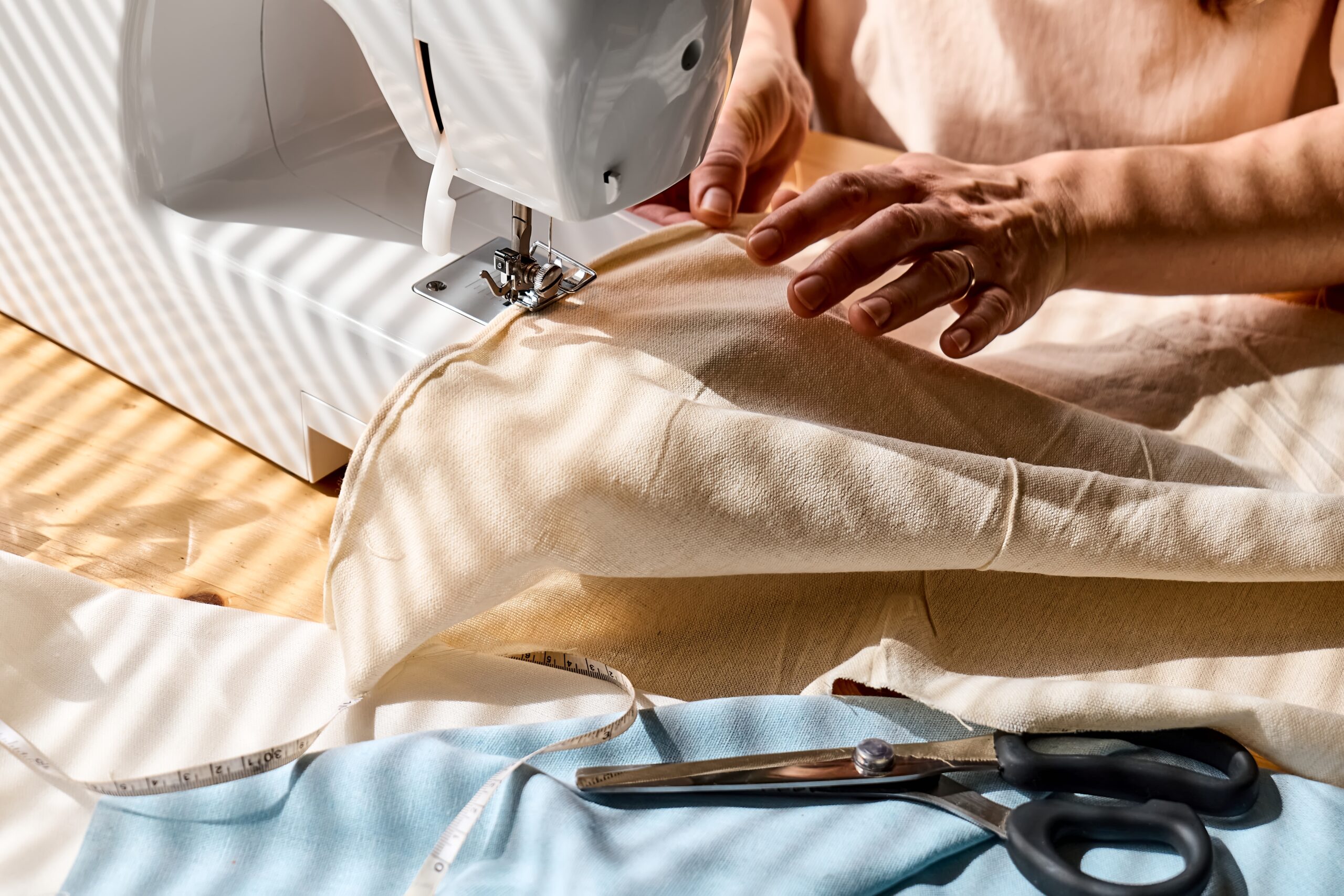Introduction to Welding Machines for Small Businesses
In the realm of small businesses and workshops, welding machines play a pivotal role in facilitating a variety of projects, from metal fabrication to repair work. Selecting the right welding machine can significantly impact productivity, cost-effectiveness, and the quality of output. Understanding the different types of welding machines and their specific applications is crucial for any small business owner or workshop manager looking to invest in new equipment.
Welding machines come in various forms, each suited to different tasks and materials. The most common types include MIG (Metal Inert Gas), TIG (Tungsten Inert Gas), and Stick welding machines. Each type has its own set of strengths and limitations, making it essential to assess the specific needs of your business before making a purchase.
For small businesses, the choice of a welding machine should align with the scale of operations and the nature of the projects undertaken. Factors such as ease of use, portability, and maintenance requirements also play a significant role in the decision-making process. By carefully evaluating these aspects, businesses can ensure they select a machine that not only meets their current demands but also accommodates future growth.
Types of Welding Machines and Their Applications
Understanding the various types of welding machines is key to selecting the right one for your workshop. Each type of welding machine is designed for specific applications and materials, which can influence your decision based on the projects you typically handle.
MIG Welding Machines: MIG welding is known for its speed and ease of use, making it a popular choice for beginners and small workshops. It is particularly effective for welding thin to medium-thickness metals, such as aluminum and steel. The process involves feeding a wire electrode through a welding gun, which melts and fuses the materials together. MIG welding machines are highly versatile and can be used for a wide range of applications, from automotive repairs to metal fabrication.
TIG Welding Machines: TIG welding offers precision and control, making it ideal for projects requiring high-quality welds. This type of welding is commonly used for thinner materials and non-ferrous metals like stainless steel and aluminum. TIG welding machines are favored in industries where aesthetics and detail are paramount, such as aerospace and art installations. Although TIG welding requires more skill and practice, it delivers superior results in terms of weld appearance and strength.
Stick Welding Machines: Stick welding, also known as Shielded Metal Arc Welding (SMAW), is a versatile and cost-effective method suitable for a variety of metals and thicknesses. It is particularly useful for outdoor applications and construction sites due to its ability to perform well in windy conditions. Stick welding machines are often used for heavy-duty tasks and repairs, making them a reliable choice for workshops dealing with structural steel and industrial equipment.
Factors to Consider When Choosing a Welding Machine
Selecting the right welding machine involves more than just understanding the types available. Several factors should be considered to ensure the machine meets the specific needs of your small business or workshop.
Project Requirements: Assess the types of materials and thicknesses you will be working with regularly. This will help determine the most suitable welding process and machine type. For instance, if your projects involve thin aluminum sheets, a TIG welding machine might be the most appropriate choice.
Budget Constraints: Welding machines vary significantly in price, depending on their features and capabilities. Establish a budget that balances cost with the desired functionality and quality. Consider the long-term savings that might be achieved with a more efficient or durable machine.
Portability and Space: For small workshops with limited space, the size and portability of the welding machine can be crucial. Compact and lightweight machines are easier to maneuver and store, making them ideal for small-scale operations.
Ease of Use and Maintenance: Machines that are user-friendly and require minimal maintenance can save time and reduce operational costs. Look for features like intuitive controls, automatic settings, and easy-to-replace parts.
By carefully evaluating these factors, small businesses and workshops can make informed decisions that enhance their welding capabilities and support their growth objectives.





